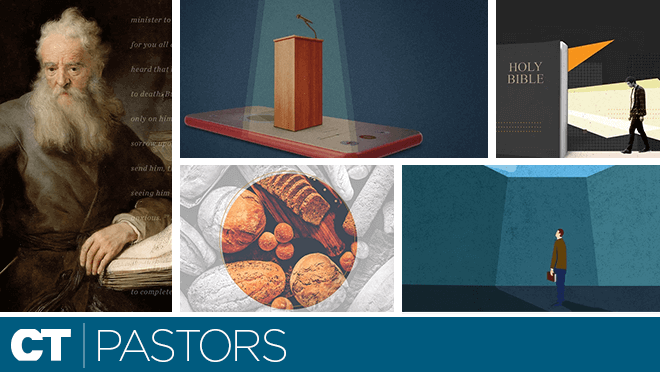I ended Part 1 of this post with a question—what is the church to do about the growing ranks of the de-churched? I believe the answer depends on which de-churched group one is talking about. In Part 1 I identified two sides of the de-churched population—those who have left the church because they had received a false gospel, and those who have left because they've encountered the true gospel.
Let's start with the false gospel side. As Matt Chandler explained, these de-churched are fed, knowingly or unknowingly, a false gospel of morality. They believe that if they just follow God's rules he will bless their lives. When things fail to work out as promised, they bail on the church. Christian Smith, a sociologist of religion, has called this belief MTD—moralistic therapeutic deism. I prefer a more sinister and downright damnable name: Moralistic Divination—the belief that one can control and manipulate God's actions through moral behaviors.
While there are many churches that promote this sort ...
1
Support Our Work
Subscribe to CT for less than $4.25/month
























